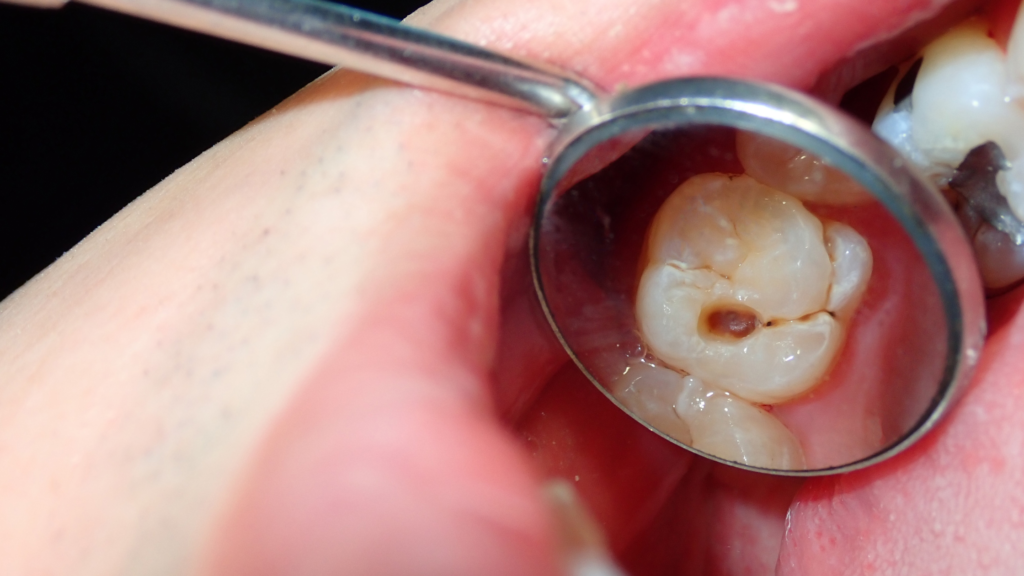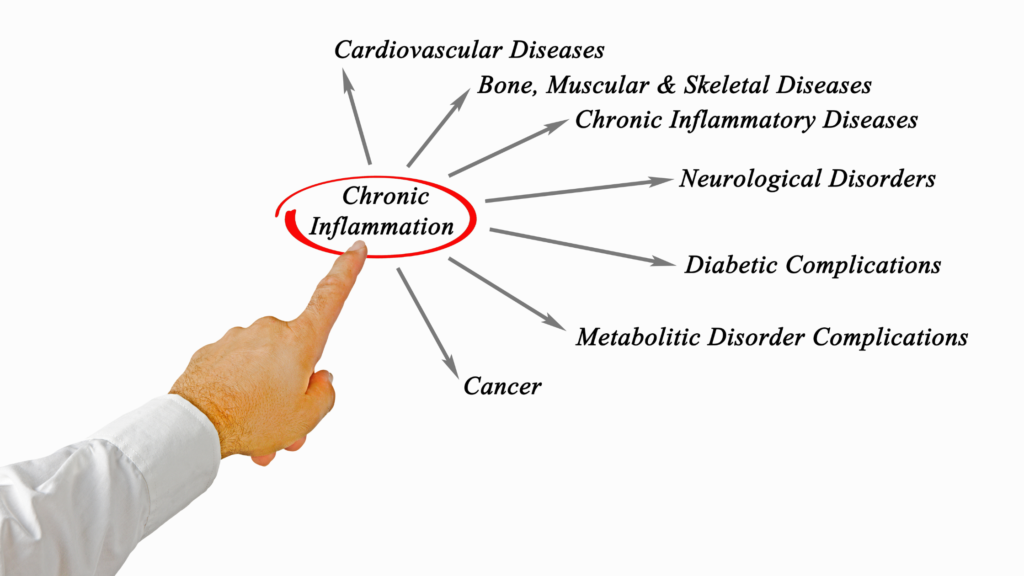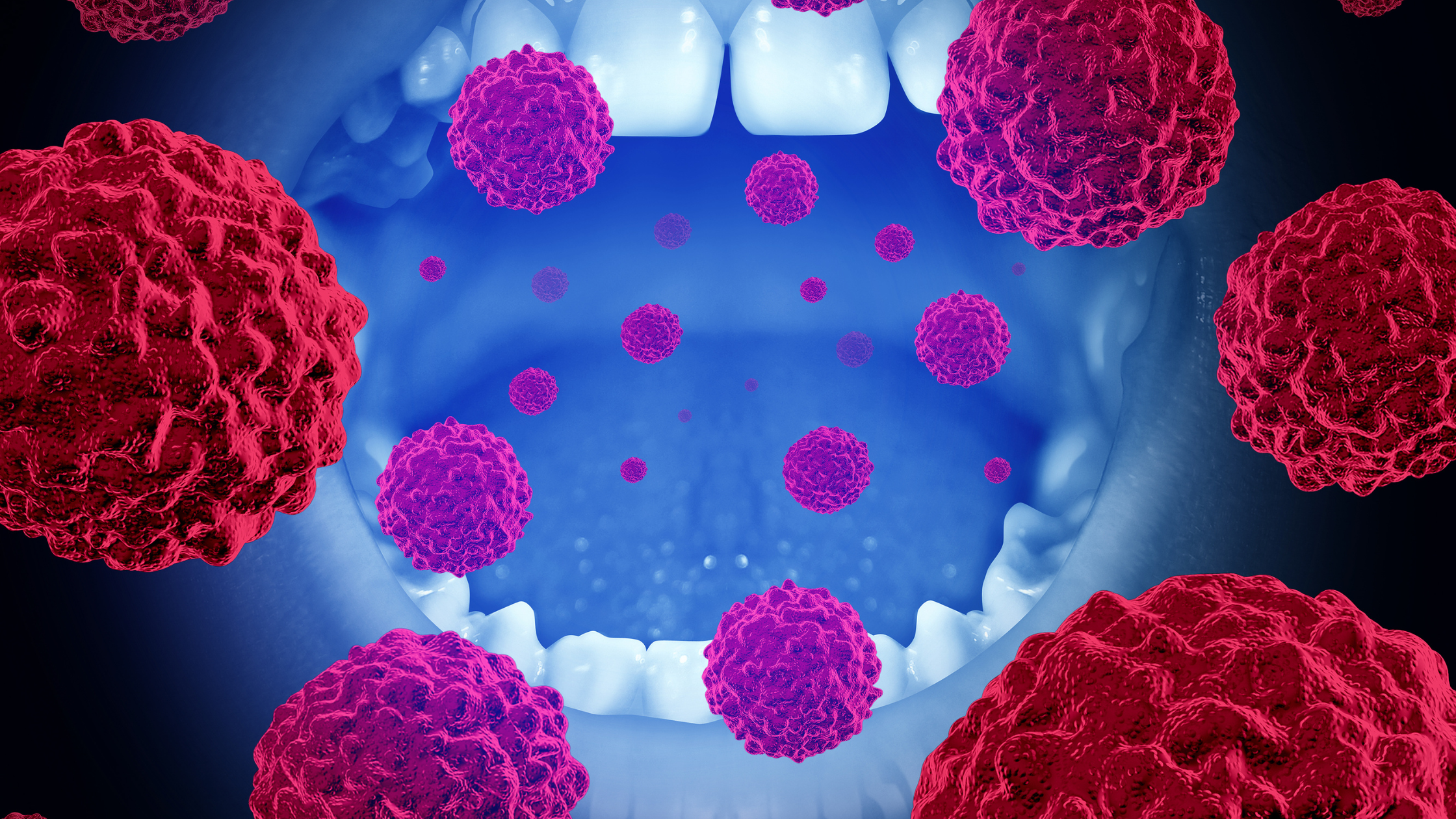When you think about your mouth, you might picture teeth, gums, and the surface of your tongue—but there’s much more going on in this small space. Living within your mouth is a dynamic and complex community of bacteria, fungi, viruses, and other microorganisms that play a critical role in keeping you healthy. This community, known as the oral microbiome, functions much like an ecosystem, with various microbes working together to support not only your oral health but also your overall wellness.
Research is increasingly showing that the oral microbiome is connected to every part of the body, linking your mouth with your heart, gut, and immune system. In fact, the balance of microorganisms in your mouth can influence everything from tooth decay to systemic inflammation. As scientists continue to explore the ways in which oral health impacts general health, understanding your oral microbiome is more important than ever. In this article, we’ll dive into the fascinating world of your mouth’s microscopic ecosystem, uncovering how it functions, why it’s vital for your well-being, and how you can support a thriving oral microbiome.
What is the Oral Microbiome?
The oral microbiome is a unique and diverse community of microorganisms that live in your mouth. This ecosystem includes various species of bacteria, fungi, viruses, and archaea, synergistically maintaining a balanced environment crucial for your health. Here’s an overview of what the oral microbiome is and how it functions:

Diverse Microbial Community
- Composed of bacteria, fungi, viruses, and archaea.
- Each microorganism type has a role in keeping the mouth’s environment balanced.
- Supports essential functions, such as digestion and protection against harmful invaders.
Distinct Areas Within the Mouth
- Microorganisms live on the teeth, gums, tongue, cheeks, and tonsils.
- Each area has a unique environment that supports different microbial communities.
- Bacteria on the teeth form biofilms (plaque), while gums and cheeks support other types of microbes.
Adaptability of the Oral Microbiome
- Responds to changes in diet, hygiene habits, and health status.
- A balanced microbiome supports oral health, but disruptions can result in cavities, gum disease, and bad breath.
Understanding the oral microbiome’s complexity and adaptability highlights its importance in supporting oral health and overall wellness.
Key Roles of the Oral Microbiome in Oral Health
The oral microbiome is more than a random collection of microbes; it serves as an essential line of defense and a helper for many functions in the mouth. Here’s a closer look at the vital roles it plays in maintaining oral health:
Protection Against Pathogens
- Beneficial bacteria in the oral microbiome act as guardians, protecting the mouth from harmful invaders like pathogenic bacteria, viruses, and fungi.
- They prevent harmful microbes from colonizing the mouth by competing for space and resources, reducing the risk of infections and oral health issues such as gum disease.
Digestion and Nutrient Absorption
- Some oral microbes begin breaking down food as you chew, starting the digestive process in the mouth.
- This early breakdown of food particles aids the digestive system and enhances nutrient absorption, supporting overall health from the very first bite.
Immune System Support
- The oral microbiome is crucial in helping the immune system recognize and respond appropriately to threats.
- By regulating immune responses in the mouth, a balanced microbiome can reduce inflammation, promote healthier gums, and reduce the risk of infection.

PH Balance and Enamel Protection
- The oral microbiome helps maintain a stable pH in the mouth, which prevents the buildup of acids that can erode tooth enamel.
- This pH regulation helps protect teeth from decay and aids in maintaining long-term oral health.
These roles demonstrate how a balanced oral microbiome helps protect, support, and maintain the health of your mouth, highlighting its importance in overall wellness.
Factors That Influence the Oral Microbiome
Several factors impact the diversity and balance of the oral microbiome. Understanding these influences can help you make choices that support a healthy microbial environment in your mouth.
Diet
- Different diets significantly affect the oral microbiome’s balance. Plant-based diets rich in fiber, whole grains, and vegetables support microbial diversity and beneficial bacteria.
- In contrast, diets high in sugars and processed foods feed harmful bacteria, potentially leading to imbalances that increase the risk of cavities and gum disease.
Oral Hygiene Practices
- Regular brushing and flossing are essential for reducing harmful bacteria and plaque buildup, promoting a healthier microbiome.
- However, overusing strong mouthwashes with antibacterial properties can kill beneficial bacteria, potentially disrupting the microbiome’s balance.
Medications
- Antibiotics can drastically impact the microbiome, often wiping out beneficial bacteria along with harmful ones.
- Other medications, like antiseptic mouth rinses and certain prescriptions, can also disrupt the microbial environment in the mouth.
Lifestyle Habits
- Smoking and excessive alcohol consumption harm beneficial microbes and can lead to microbial imbalances.
- Chronic stress has also been linked to a negative impact on microbial diversity, weakening the mouth’s defenses.
Recognizing these factors allows you to support a balanced oral microbiome through mindful diet, hygiene, and lifestyle choices.
Why a Balanced Oral Microbiome is Essential for Overall Health
A healthy oral microbiome does more than protect your mouth; it plays a crucial role in maintaining overall health by influencing various systems in the body.
Connection to Systemic Health
- Imbalances in the oral microbiome have been linked to serious systemic conditions, including cardiovascular disease, diabetes, and chronic inflammation.
- Harmful bacteria in the mouth can enter the bloodstream, triggering inflammation that affects organs and contributes to these health issues.

Link to the Gut Microbiome
- The oral and gut microbiomes are connected, with microbes traveling from the mouth to the digestive tract.
- Poor oral health can negatively impact gut health, potentially leading to digestive issues and affecting the body’s overall microbial balance, which will be explored further in this series.
Mental Health
- Recent studies suggest that oral bacteria may influence mental health through systemic inflammation, which is associated with mood disorders and cognitive decline.
- A balanced oral microbiome may play a protective role in maintaining mental well-being by keeping inflammation levels in check.
Immune Health
- A balanced oral microbiome supports the immune system by regulating local and systemic inflammatory responses.
- When the oral microbiome is disrupted, it can lead to chronic inflammation, which weakens immune defenses and increases susceptibility to various health issues.
These connections highlight the importance of maintaining a balanced oral microbiome—not only for a healthy mouth but also for holistic health benefits.
Simple Tips to Support a Healthy Oral Microbiome
Maintaining a balanced oral microbiome is easier than you might think. These simple, daily habits can make a significant difference:
Eat a Nutrient-Dense, Plant-Based Diet
- Choose whole foods rich in fiber, vitamins, and minerals to nourish beneficial bacteria.
- Include a variety of colorful fruits and vegetables to promote microbial diversity.
Practice Consistent Oral Hygiene
- Brush and floss daily to remove plaque and reduce harmful bacteria.
- Avoid overusing antibacterial products to help preserve beneficial microbes.
Limit Sugar and Processed Foods
- Reduce sugar intake, as it feeds harmful bacteria linked to cavities and gum disease.
- Minimize processed foods, which can disrupt the microbial balance in the mouth.
Avoid Smoking and Alcohol
- Avoid smoking, as it harms beneficial bacteria and promotes gum disease.
- Abstain from all alcohol, which can damage the oral microbiome and increase health risks.
These minor adjustments can go a long way toward maintaining a healthy oral microbiome, supporting both your oral and overall health.
Conclusion
Understanding and maintaining a healthy oral microbiome is essential for oral health and overall well-being. This intricate ecosystem protects against harmful bacteria, supports digestion, and influences systemic health in ways that are only beginning to be fully understood.
By making mindful lifestyle choices, you can foster a balanced oral microbiome that benefits your entire body. In the next blog article, we will continue this series to explore specific ways your oral microbiome impacts your health and practical steps to optimize it for lasting wellness.

